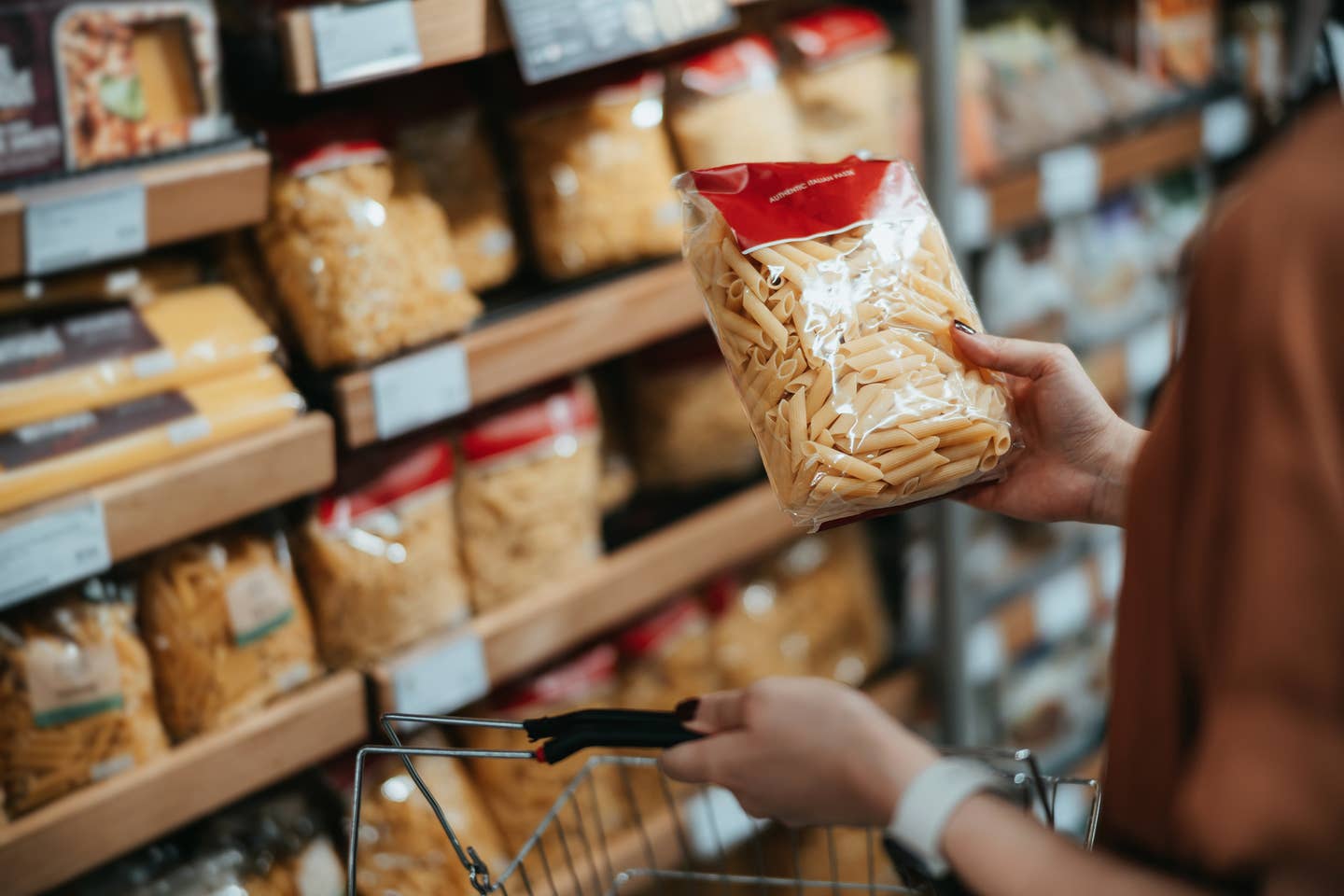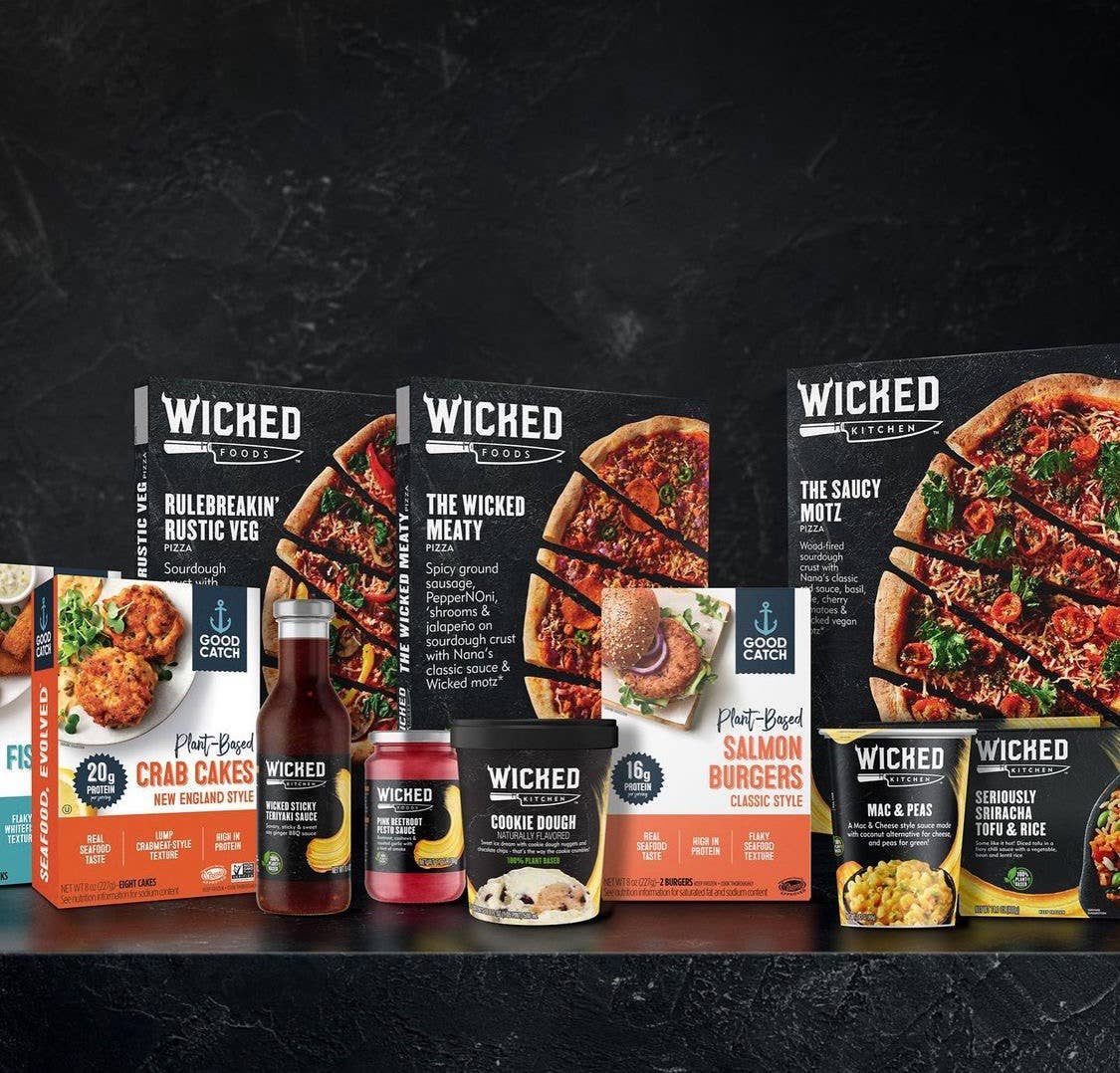
Miyoko’s Creamery Wins Landmark Case Over Product Labeling
Miyoko’s Creamery recently won its lawsuit against the California Department of Food and Agriculture which determined whether or not plant-based products can feature terms including “butter” and “dairy” on vegan products. The US District Court for the Northern District of California ruled in favor of the vegan brand in this landmark case, which will set precedent for other plant-based companies.
The brand’s lawsuit was filed earlier this year in partnership with animal-rights organization Animal Legal Defense Fund (ALDF) in response to the CDFA’s demand that Miyoko’s remove terms such as “dairy” and "butter” from its branding. The company believed that the branding clearly stated that its products were vegan and “made with plants” and should not be required to separate it from conventional dairy products.
“The CDFA’s attempt to censor Miyoko’s from accurately describing its products and providing context for their use is a blatant example of agency capture,” ALDF Executive Director Stephen Wells said. “The fact that animal-milk producers fear plant-based competition does not give state agencies the authority to restrict one industry to help another.”
Alongside demands to remove “dairy” and “butter” labeling, the CDFA also requested that Miyoko’s Creamery remove the term “cruelty-free” as a product descriptor. The CDFA then demand the brand retract the image of a woman hugging a cow from its website. The photo came directly from Miyoko’s Creamery CEO Miyoko Schinner’s farmed animal sanctuary, Rancho Compasion. The ALDF rebutted the demands from the CDFA, citing that the government organization misapplied federal regulation to impede on the companies constitutional right to free speech.
The US District Court denied the CDFA’s initial request to dismiss Miyoko’s and the ADLF lawsuit, giving the vegan company a preliminary injunction in August 2020. This decision allowed Miyoko’s continues branding its products in the same manner while the case was ongoing. The brand’s victory will set a precedent for plant-based companies across the United States.
Meat and dairy industry groups worldwide have pushed against vegan brands’ use of animal-product-like terms, arguing that it confuses consumers. Schinner believes that the products clearly communicate that they do not contain animal products and are properly labeled as vegan.
“Using words such as ‘butter’ and ‘milk’ in the context of even products made from plants and not from animals is common parlance among consumers in the modern world,” Schinner said. “Food is ever-evolving, and so too, should language reflect how people use speech to describe the foods they eat. We are extremely pleased by this ruling and believe that it will help set a precedent for the future of food.”
Miyoko’s Creamery Expansion
Earlier this week, Miyoko’s Creamery secured a $52 million investment package during its Series C funding round led by venture capital firm PowerPlant Partners. The vegan cheese brand announced that the money would be used to hire an additional 10 research and development employees to push its vegan cheese towards restaurant distribution. Schinner believes that this investment package will secure her company at the forefront of the vegan cheese industry and maximize the company’s outreach and product accessibility.
“We’ve all heard that cheese is the last hurdle that keeps people from going vegan,” Schinner told VegNews. “With this capital, we hope to get our products on the tables of every fine dining restaurant and pizzeria so we can show the world how delicious vegan cheese can be, and by winning them over, we can edge toward a vegan world.”
Alongside its retail distribution and product innovation, the company recently launched Wine Country 2.0–a campaign to redesign the California wine country’s relationship with cheese and food. The initiative aims to bring plant-based food options–primarily vegan cheese–to consumers’ wine and beverage experiences.
“I believe that our philosophy of using nutritious, plant-based ingredients people understand, such as cashews, oats, legumes, and applying biological processes to them to transform them from familiar formats to new ones never imagined before, inspires people,” Schinner told Vegconomist. “People want to trust the companies that make their food, to know what’s in it, and still get something new and exciting."
The Surprising Reasons these Five Country Singers Went Meat-Free
1. Carrie Underwood Loved Her Family's Farm Animals
Seven-time Grammy Award winner Carrie Underwood has been hailed for her “enormous” vocal range. When it comes to her diet, Underwood’s a fan of breakfast burritos and lots of tofu. She doesn’t shy away from the carbs, either. According to Cheat Sheet, one of her favorite snacks is a toasted English muffin with peanut butter.
2. Blake Shelton Wants to Keep Up With His Older Girlfriend
Singer, songwriter, and “The Voice” coach, Blake Shelton, 43, has been working to stay fit recently with help from his long-time love, Gwen Stefani, who is a vegetarian and told him to get off the meat if he wants to feel fitter and lose some weight. Shelton has been trying to keep up with Stefani's impressive fitness level, according to an interview Stefani gave this fall. The former No Doubt singer and Hollaback girl is a longtime vegetarian, eats a mostly vegan diet, and is super fit-- and at 50, looks younger than her years. A source told Gossipcop, “Gwen’s told him the way to lose it is to stay the hell away from meat and bad carbs.” We're rooting for him!
3. Shania Twain Has the Key to Gorgeous Skin
The best-selling female country music singer in history isn’t buying any expensive steak dinners after a performance. The “Queen of Country Pop” has sold more than 100 million records but says she keeps her meat-free diet simple. She is both vegetarian and eats very little dairy -- though at times has said she does eat eggs.
4. Annette Conlon, Folk Artist with a Passion
Americana singer and songwriter Annette Conlon is also a passionate vegan. She started “The Compassionette Tour,” in an effort to bring compassion, social consciousness, human interaction, and animal issues to a mainstream audience.
5. Johnny Cash, Walked the Vegan Line Late in Life
The Man in Black is synonymous with country music, even nearly two decades after his death (1932-2003), probably in part because of the biopic about his life starring vegan actor Joaquin Phoenix. Ask any die-hard country music fan (or your dad, for that matter) and they will tell you that Johnny Cash was one of the best-selling musicians of all-time. His scores of hits include “I Walk the Line” and "Hurt" "A Boy Named Sue" and dozens of others. Cash himself was believed to have lived meat-free later in life to help combat some health issues. At Johnny Cash’s Kitchen and Saloon in Nashville, you can also load up on the meat-free dishes as the restaurant boasts a fully stacked veggie menu that includes greens, sweet potato mash, and fried okra.
More From The Beet






